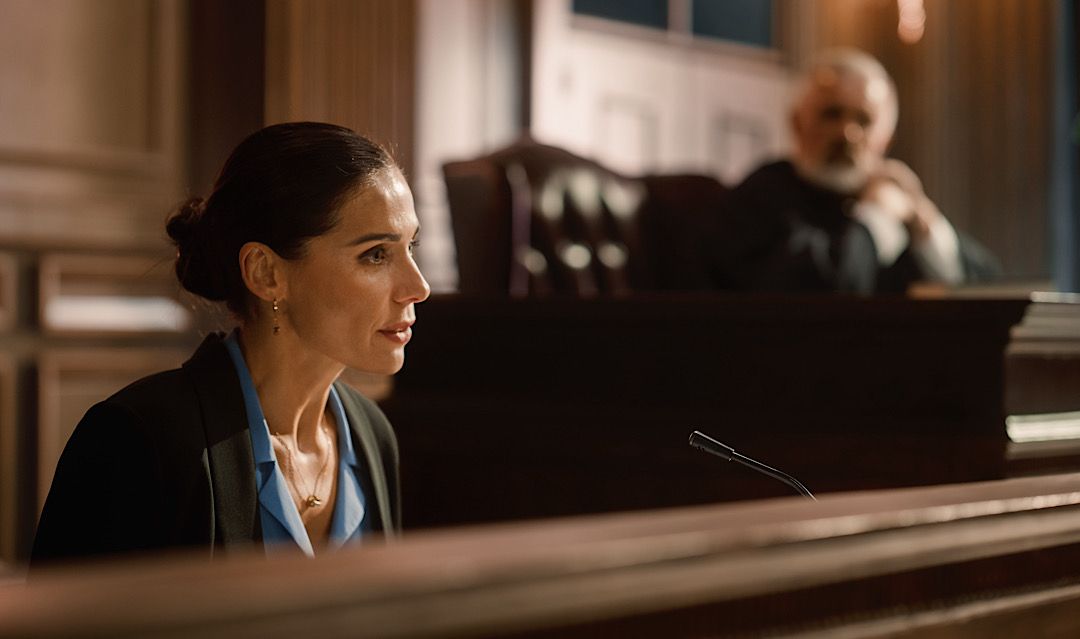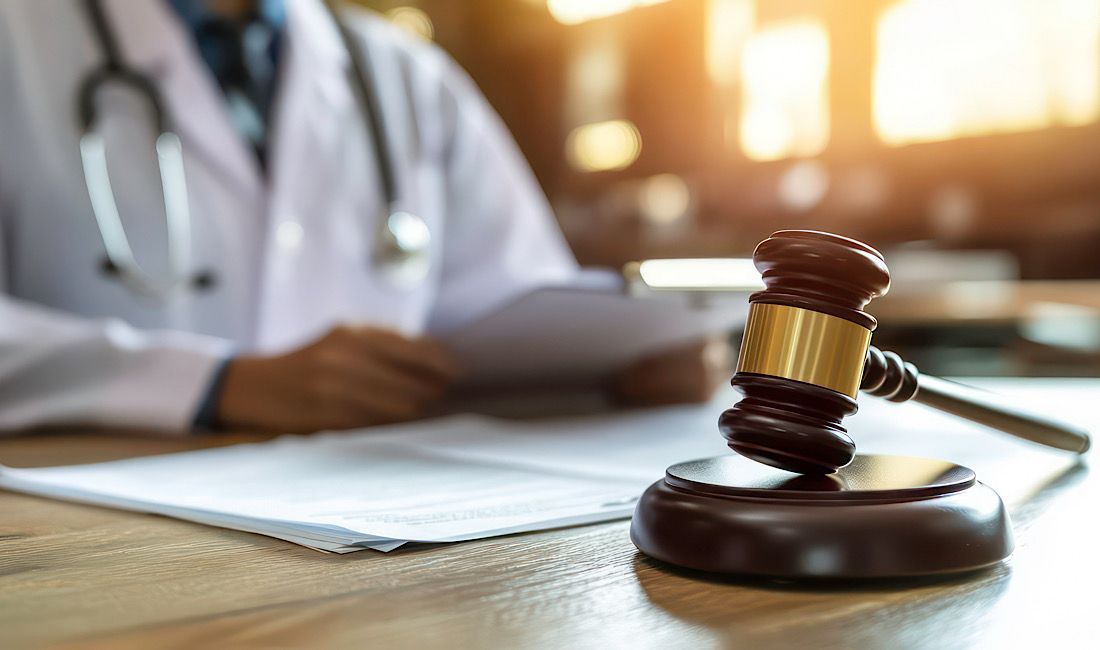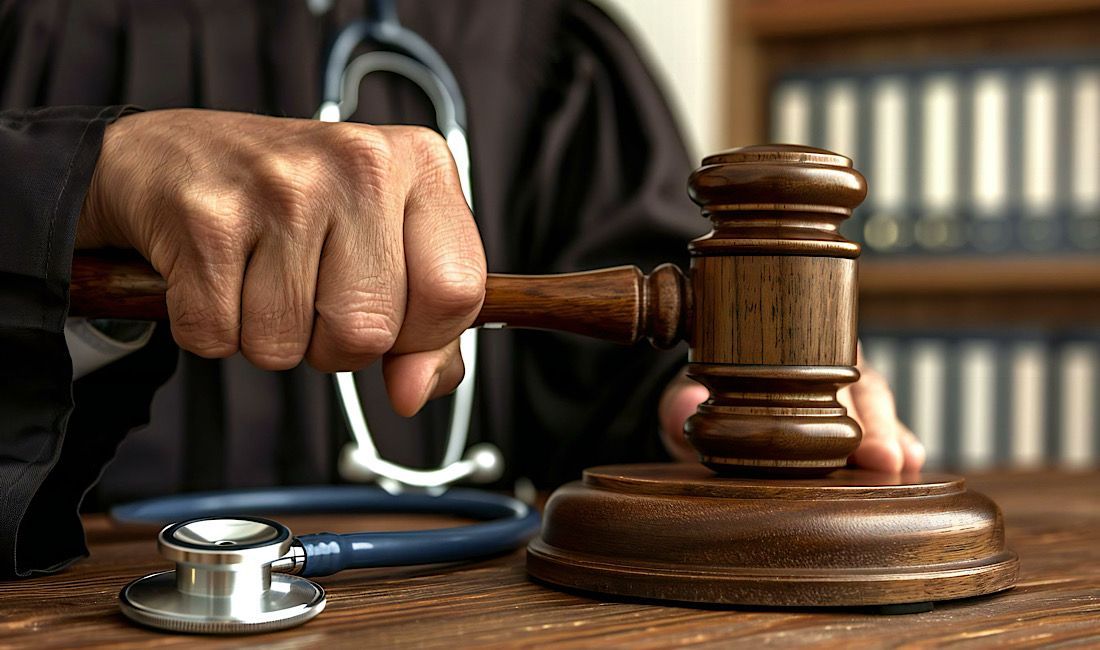The Role of Expert Witnesses in Medical Malpractice Cases
The Importance and Impact of Expert Witnesses in Pittsburgh Malpractice Lawsuits

In medical malpractice cases, particularly those filed in Pittsburgh, the testimony of expert witnesses is often pivotal in determining the outcome. Expert witnesses provide the technical expertise and professional insights necessary to clarify complex medical issues for the courts. This section explores the critical roles these professionals play, how they impact legal strategies, and why their contributions are indispensable in malpractice lawsuits.
Defining the Role of Expert Witnesses
Expert witnesses in medical malpractice cases are typically healthcare professionals with expertise in the same specialty as the defendant or in a relevant medical field. Their primary role is to:
Establish the Standard of Care: Expert witnesses explain to the court what the accepted standards of medical practice are and how those standards should have been applied in the patient's case.
Identify Deviations from Standard Care: They assess the actions taken by the healthcare provider and determine whether those actions met the expected standard of care.
Link Causation to Harm: Experts must connect any breaches in the standard of care to the harm suffered by the plaintiff, establishing a direct causation that is crucial for the case.
Impact on Legal Strategies
The testimony of expert witnesses can significantly influence the strategy of a medical malpractice lawsuit in several ways:
Case Viability: Before a case goes to trial, expert testimonies can determine whether it has enough merit to proceed, based on whether the standard of care was breached and if it led to harm.
Jury Persuasion: Expert witnesses help demystify complex medical terminology and procedures, making the facts more understandable and relatable to a jury.
Settlement Negotiations: Credible expert testimony can pressure the defense into considering settlements to avoid risky trials, especially if the expert convincingly establishes negligence.
Selection and Challenges of Expert Witnesses
Selecting the right expert witness is a process that involves careful consideration of the expert’s credentials, experience, and ability to communicate effectively. Challenges in this process include:
Bias and Credibility: Experts need to be impartial. Their primary allegiance should be to their professional integrity, not to the side that hired them. The credibility of an expert can significantly affect the case's outcome.
Complexity of Testimony: Ensuring that the testimony is comprehensive yet easily understandable to laypersons like jurors is a critical skill that not all experts possess.
Expert Witnesses in Pittsburgh Malpractice Lawsuits
In Pittsburgh, the utilization of expert witnesses is governed by Pennsylvania laws, which require that these experts practice in the same or a similar specialty as the defendant if they are to testify about the standard of care. This legal stipulation ensures that expert testimonies are highly relevant and informed by current practices in the field.
The Indispensable Nature of Expert Witnesses
Expert witnesses play an indispensable role in medical malpractice lawsuits in Pittsburgh. Their insights not only illuminate aspects of healthcare and patient treatment but also uphold the integrity of the legal process by ensuring that verdicts are informed by knowledgeable and objective opinions.





